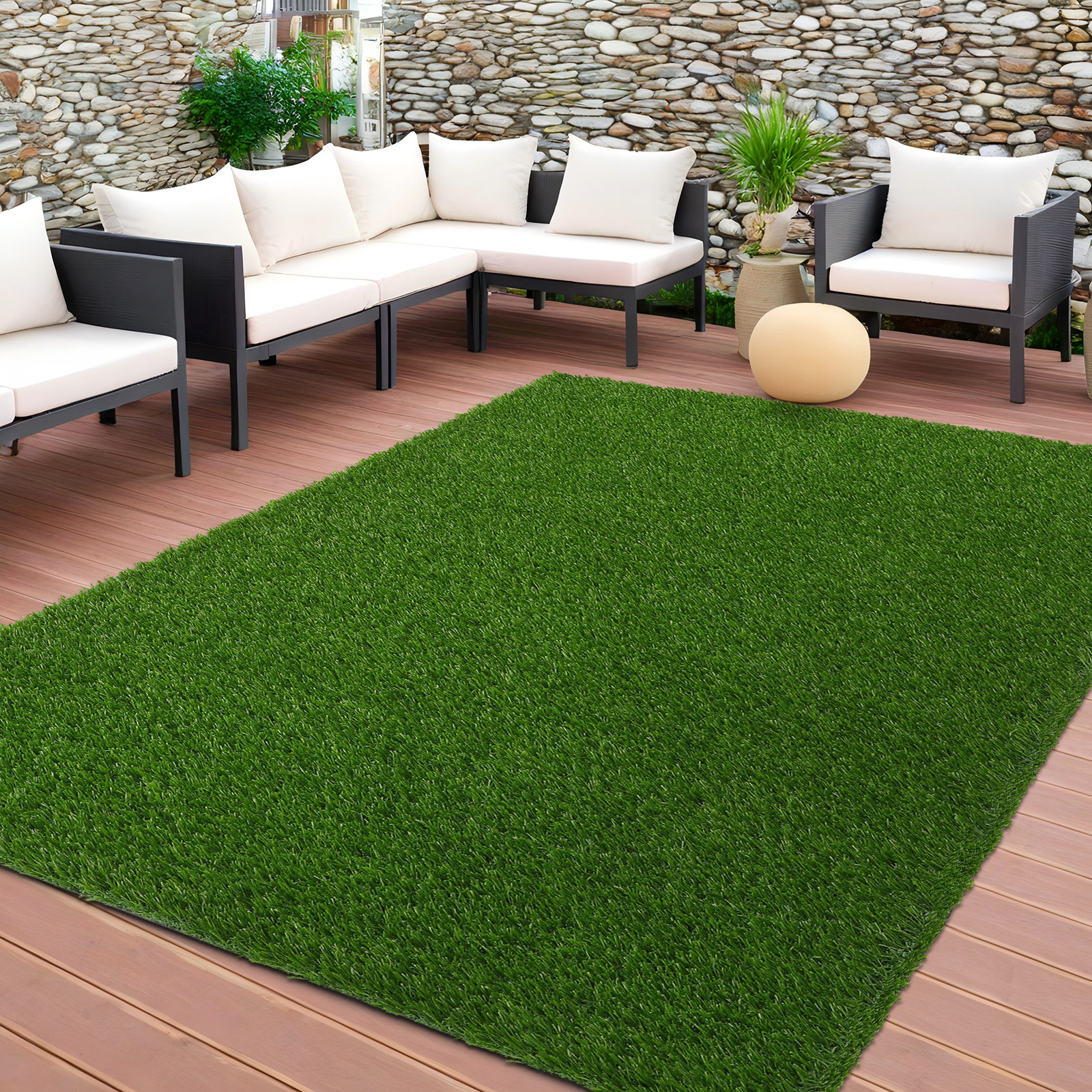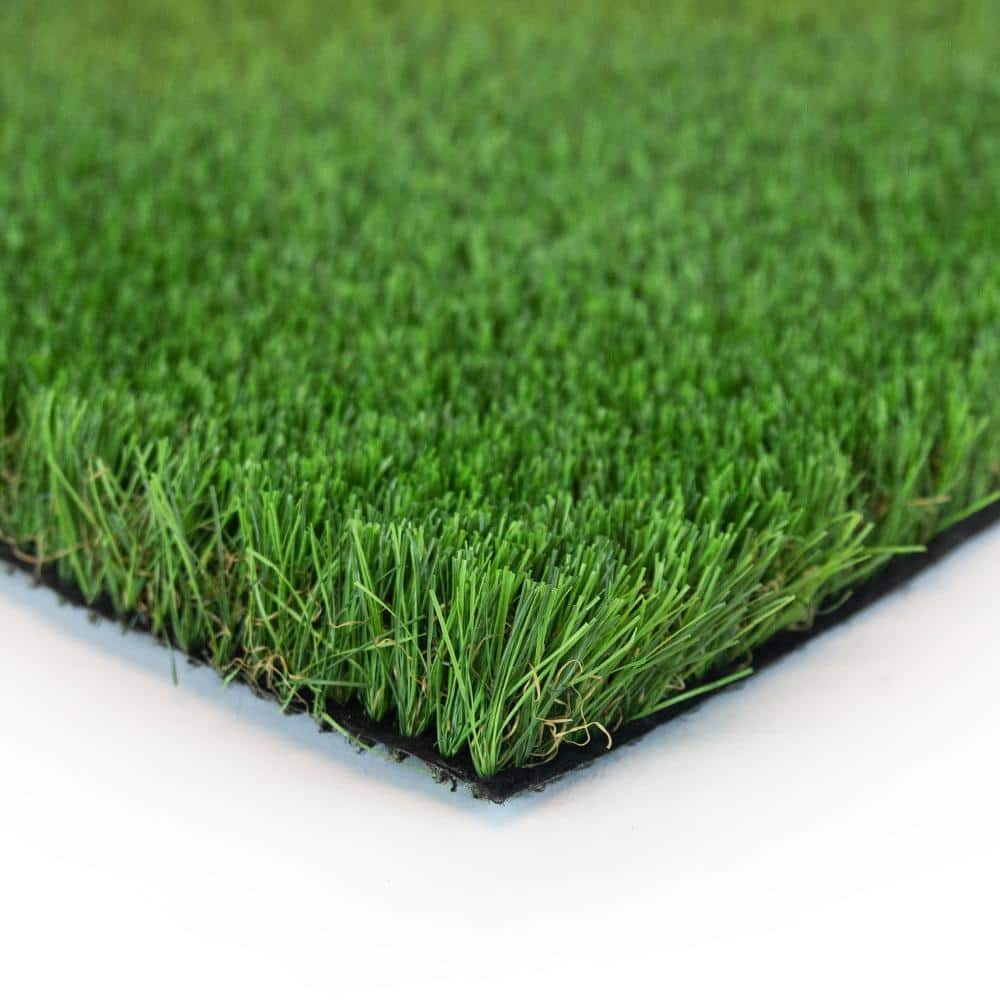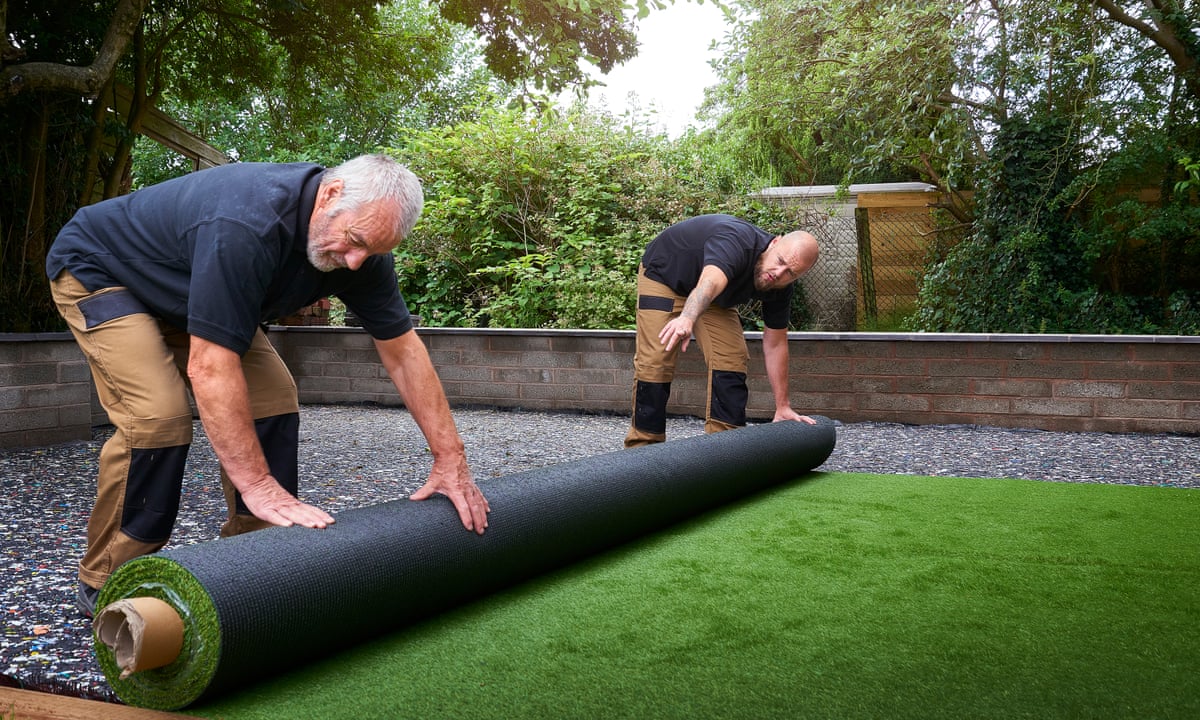Top Phoenix Turf Companies Delivering Premium Synthetic Grass Options
Top Phoenix Turf Companies Delivering Premium Synthetic Grass Options
Blog Article
Look Into the Environmental Advantages of Opting for Artificial Lawn Solutions
The fostering of man-made lawn options offers a compelling possibility to attend to pressing environmental challenges. By significantly lowering water usage and reducing the application of damaging chemicals, these options not just promote lasting landscape design however also protect neighborhood ecological communities.
Water Conservation Advantages
One of the most substantial benefits of synthetic grass is its ability to save water. Typical lawn yards need substantial watering, specifically in locations prone to drought or water constraints. In contrast, synthetic grass does not require watering, significantly decreasing the overall demand for water resources. This feature is particularly advantageous in deserts where water scarcity is a pressing problem.
By getting rid of the need for regular watering, synthetic grass adds to lasting landscape techniques and assists minimize the environmental influence of excessive water usage. The preservation of water extends to the decrease of drainage, which can lead to soil disintegration and waterway contamination.
Furthermore, the setup of synthetic turf allows municipalities and house owners to assign water resources extra effectively, concentrating on vital uses such as alcohol consumption water and agriculture. The change in the direction of synthetic grass not just advertises liable water usage but likewise aligns with wider environmental goals targeted at preserving natural deposits.
As communities progressively prioritize sustainability, the water conservation benefits of synthetic grass provide an engaging case for its fostering in business and property landscaping projects.
Reduced Chemical Use
The change to man-made grass dramatically lowers the dependence on chemical treatments frequently utilized in natural turf maintenance. Standard lawn administration normally entails the application of pesticides, herbicides, and plant foods to advertise development and control insects. These chemicals can posture risks to human health and wellness, regional wildlife, and the environment, contributing to dirt and water contamination.
In contrast, man-made turf gets rid of the requirement for these damaging compounds. By reducing the launch of synthetic compounds right into the ecological community, man-made grass promotes much healthier soil and water systems.
Furthermore, the lack of chemical runoff connected with synthetic grass setups aids protect regional rivers from air pollution, sustaining water life and maintaining biodiversity. Artificial turf companies phoenix. As communities progressively prioritize lasting methods, choosing synthetic grass offers a sensible solution that lines up with environmental preservation goals. Via this shift, homeowner can enjoy lavish eco-friendly rooms without endangering ecological health and wellness, leading the way for a more sustainable future
Lower Carbon Impact

Moreover, the installation of man-made lawn can result in considerable water preservation. Natural grass require significant quantities of water for irrigation, which not only contributes to the carbon footprint related to water removal and therapy however likewise strains regional water sources. In contrast, synthetic grass needs marginal maintenance, calling for no watering, consequently dramatically minimizing water usage and its associated power costs.
Additionally, the longevity of synthetic grass adds to its reduced carbon effect. With a life-span of approximately 15 years or more, the requirement for constant replacements is decreased, causing less waste and reduced power intake in manufacturing and getting rid of standard yard choices. On the whole, synthetic grass provides a sustainable choice for eco conscious landscaping.
Environment Preservation
Habitat conservation is a critical factor to consider in the debate over landscape design options, specifically when comparing synthetic grass to all-natural turf. All-natural yard yards usually call for considerable upkeep, including the use of herbicides, chemicals, and plant foods, which can negatively impact local communities. These chemicals can seep right into the soil and rivers, hurting native vegetation and animals and interfering with regional habitats.
Artificial grass eliminates the need for dangerous chemicals, therefore protecting neighboring wildlife and keeping the stability of bordering environments. The installation of artificial turf can lead to the conversion of former grass locations into more biodiverse landscapes, such as pollinator gardens or indigenous plant locations, which can sustain local wildlife.
Inevitably, the shift to fabricated lawn not just saves water and minimizes maintenance efforts but additionally cultivates an extra harmonious connection between human my sources activities and the natural setting, advertising environment conservation at the same time.
Long-Term Sustainability
Long-term sustainability is a vital element in assessing the benefits of artificial turf over traditional lawn lawns. One of the most significant advantages of man-made turf is its sturdiness; it can last up to 15-20 years with marginal maintenance, whereas natural yard needs frequent reseeding and substitute. This durability decreases the demand for continuous resources, such as water, plant foods, and pesticides, which are important for keeping a healthy and balanced grass yard.
Furthermore, synthetic turf adds to a reduction in carbon emissions linked with yard care devices. Typical lawns usually require gas-powered mowers, trimmers, and blowers, all of which add to air contamination. Arizona artificial turf. On the other hand, synthetic grass removes the need for such tools, promoting a cleaner atmosphere
Furthermore, the manufacturing of synthetic grass progressively uses recycled products, improving its sustainability profile. As makers embrace green techniques, the ecological footprint of synthetic grass continues to decrease.

Final Thought
The adoption of synthetic grass remedies offers considerable environmental advantages, consisting of substantial water preservation, minimized reliance on dangerous chemicals, and a lower carbon impact. Artificial turf aids in preserving all-natural habitats by lessening land disruption and advertising lasting sustainability through the use of long lasting products. Collectively, these elements this link underscore the capacity of fabricated Discover More turf to add favorably to environmental health and wellness and offer a practical choice to conventional landscaping methods in a significantly resource-conscious world.
In contrast, synthetic turf does not need watering, considerably minimizing the overall need for water sources. By reducing the release of synthetic substances into the ecosystem, man-made turf advertises healthier dirt and water systems.
Moreover, the installation of fabricated grass can result in substantial water preservation. In contrast, fabricated grass requires very little maintenance, calling for no watering, consequently considerably lowering water use and its linked power costs.

Report this page